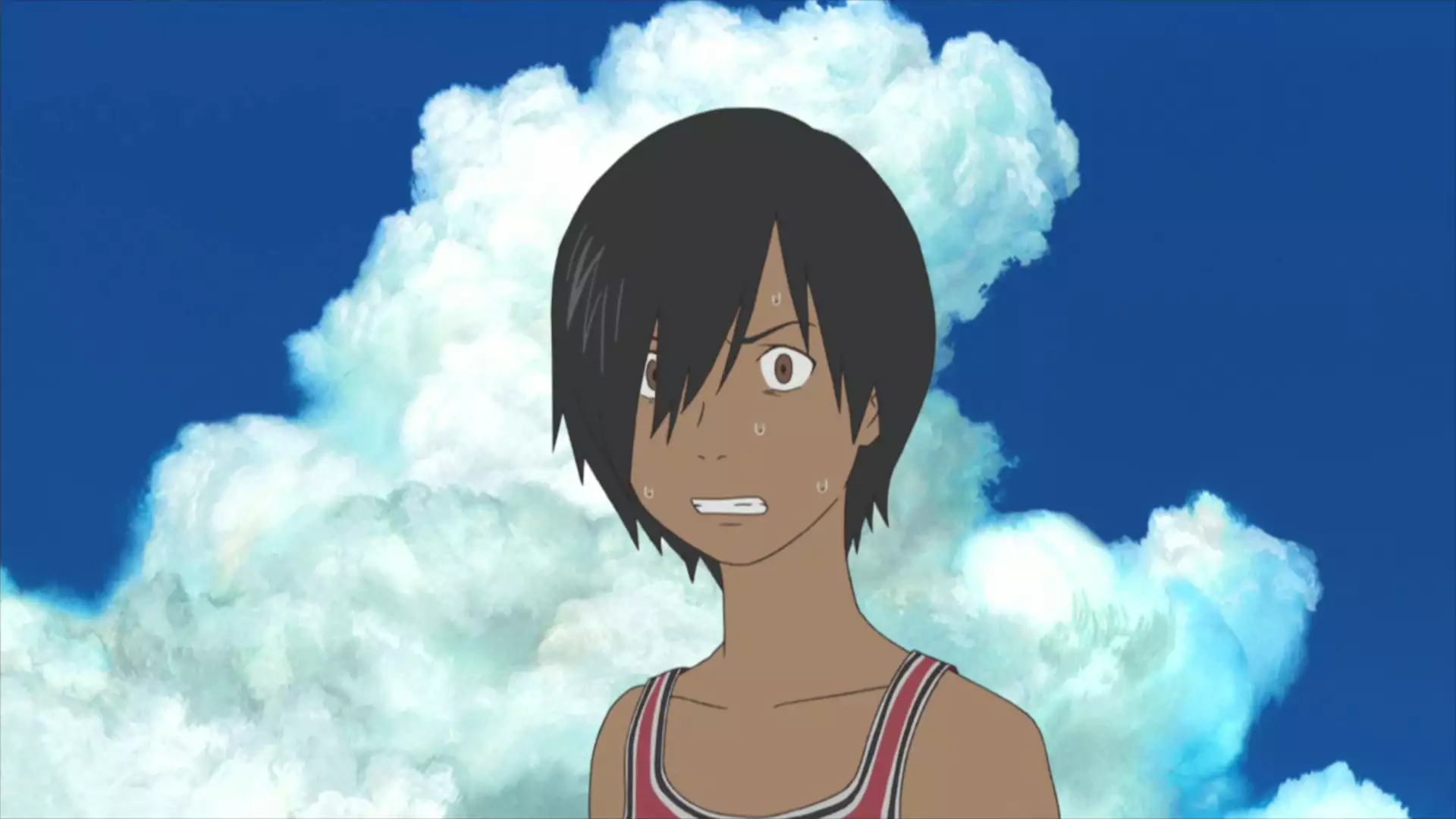

When the lovely Natsuki requests a favor, shy guy Kenji finds himself on a train headed to the countryside where the young woman’s family is gathering for a reunion. Populated by quirky, colorful avatars and rife with encrypted info just begging to be hacked, Oz suggest a combination of Facebook and Second Life - on steroids.

Self-described “code monkey” Kenji spends too much time tapping on a computer keyboard and traveling around Oz, a virtual realm.

Directed by Japanese animation whiz Mamoru Hosoda, it’s a sugar rush of candy-colored images, a beautifully drawn tale of family tradition and a bracing brain tonic about the Internet’s charms and vulnerabilities.Īlongside “The Social Network” and the unnerving documentary “Catfish” - about sex, lies and virtual relationships, out this week on DVD - “Summer Wars” offers a vivid course in the knotty overlap between the world we humans are born into and the ones we create. What a fantastic dance of the real and the virtual “Summer Wars” turns out to be.
#Guy who made summer wars tv
Of course, as anyone who’s watched both directors’ films can attest, their styles are very different, so you could make the argument that the question “Hosoda or Shinkai?” is basically “Apple or orange?” Hosoda likely also got a bit of a boost thanks to the timing of the survey, which was conducted in late June, as he’s much more in people’s minds these days what with his newest film, "Belle," opening this month and also coinciding with his previous movies being broadcast on Japanese TV and appearing as a new Uniqlo T-shirt line.Digital Replica Edition Home Page Close Menu “In addition to his movies’ art, I really like their music too.” “The background art sucks you in with how realistic it is, and as you look at it, you realize it’s more beautiful than reality even, so I can watch Shinkai’s anime over and over again.” “The gorgeous art really draws you into the movie’s world, and the scenery and weather work to express the story’s emotional state.” Your Name and Weathering with You have romantic elements too, and their stories are enjoyable the whole way through.” “Every frame of animation in Shinkai’s movies is beautiful, especially how scenes with water are drawn. On the other end of the responses, many of those who prefer Shinkai’s anime gushed about his inimitable visuals. There’re fun exciting parts, but sad, heart-aching ones too, and a lot of his anime can be enjoyed by adults and kids alike.” “If I had to pick between them, I’d pick Hosoda. “The characters’ dialogue and facial expressions in emotional scenes feel very natural and realistic.” “His character animation is very lively.” “A lot of his anime have an escapist, dream-like quality to them, so they’re very entertaining to watch.” ▼ Trailer for Hosoda’s newest anime film, "Belle"Ī total of 500 responses were collected from participants between the ages of 10 and 69, and when their votes were tallied, Hosoda came out ahead, albeit by a slim margin as 52.2 percent said they prefer his works, and the remaining 47.8 percent more supporting of Shinkai.ġScreen also asked respondents why they made the selection they did, and those who chose Hosoda cited his penchant for fantasy elements and the warmth of his visual style and characterizations, with comments such as: So Japanese video streaming service 1Screen recently conducted a survey, asking respondents “Whose movies do you like more, Mamoru Hosoda’s or Makoto Shinkai’s?”
#Guy who made summer wars movie
Together, they’re the two most respected anime movie directors after the older generations of Mamoru Oshii, Hideaki Anno, Hayao Miyazaki, and Isao Takahata. Shinkai, meanwhile, directed his first theatrically released movie in 2004, with his most recent works being the phenomenally popular "your name." and "Weathering with You." Hosoda directed his first anime film in 2000 and has been working exclusively on theatrical features since 2009, helming hits such as "The Girl Who Leapt Through Time," "Summer Wars," "Wolf Children" and "The Boy and the Beast" along the way. Two very notable exceptions, though, are Mamoru Hosoda and Makoto Shinkai. Almost all anime directors do most of their work in television, since that’s the format the vast majority of Japan’s animation output is produced for.


 0 kommentar(er)
0 kommentar(er)
